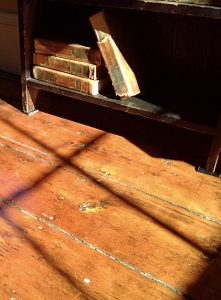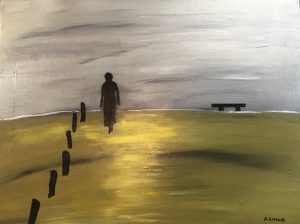By Arthur H. Gunther III
thecolumnrule.com
There was a moment when the day was better spent riding on roads through state parks or hiking trails than focusing on the timepiece that ticks away your life. Call it education.
Not all learning happens in school, though you feel guilty if responsibility nevertheless calls for hitting the books at a specified time and you are not participating. It can be confusing. When your peers are doing it according to Hoyle, you seem the time-waster.
Yet the search for creativity, for the you in yourself, must also fling you down paths that include the potholes of criticism, even shouts of irresponsibility. It’s best to keep stepping ahead, to stay the course.
As long as you are not lying on the couch, numbed by a TV soap, as long as you are soaking up what will become the tools of your trade, you are giving yourself an education.
The late famed educator Jesse Stuart, a product of Appalachia, though he obtained a traditional college degree, absorbed most of his understanding of people, particularly children, by teaching at rural schoolhouses, often walking miles to his job.
Stuart understood Kentucky, poor people, tough times, especially during the Great Depression, and what makes the individual great in this troubled and imperfect world. He was a booster of individual spirit and the can-do nature inherent in everyone.
He knew the path to education begins with footsteps in your unique environment. A famous line of his is “A farmer singing at the plow,” part of a sonnet written as Stuart was with the soil.
This once poet laureate of Kentucky listened to his muse. Whether the path is traditional or begins with a hike in the woods, schooling happens.
The writer is a retired newspaperman who can be reached via ahgunther@hotmail.com


